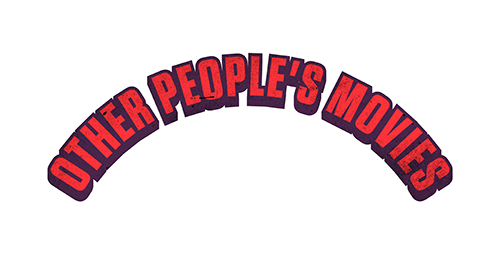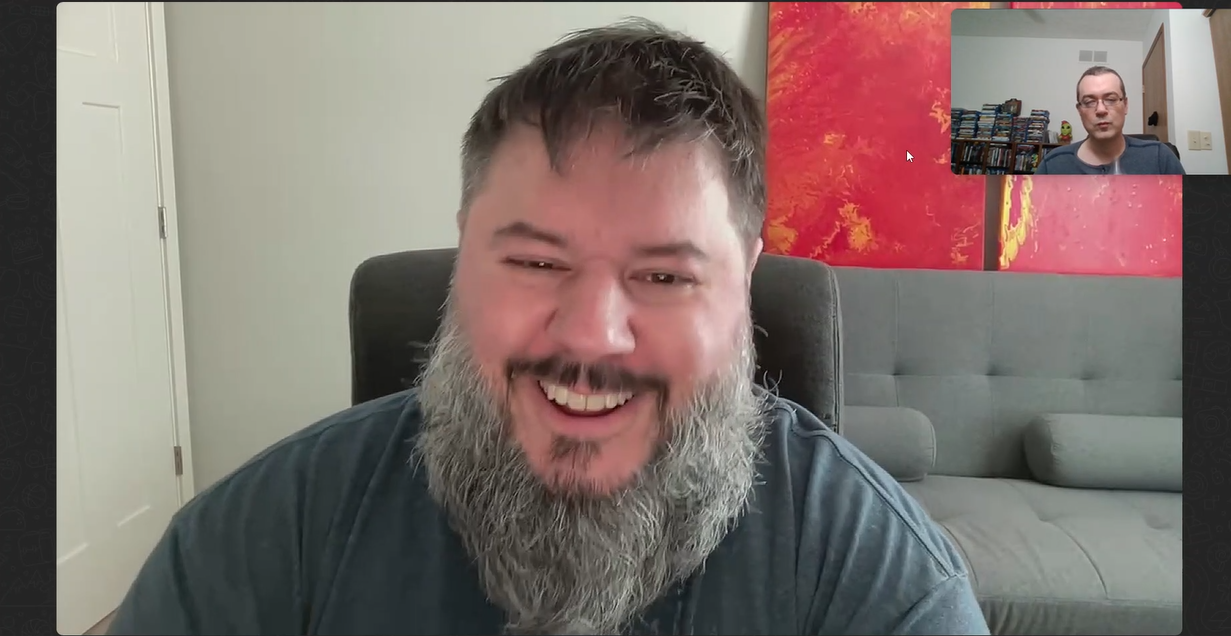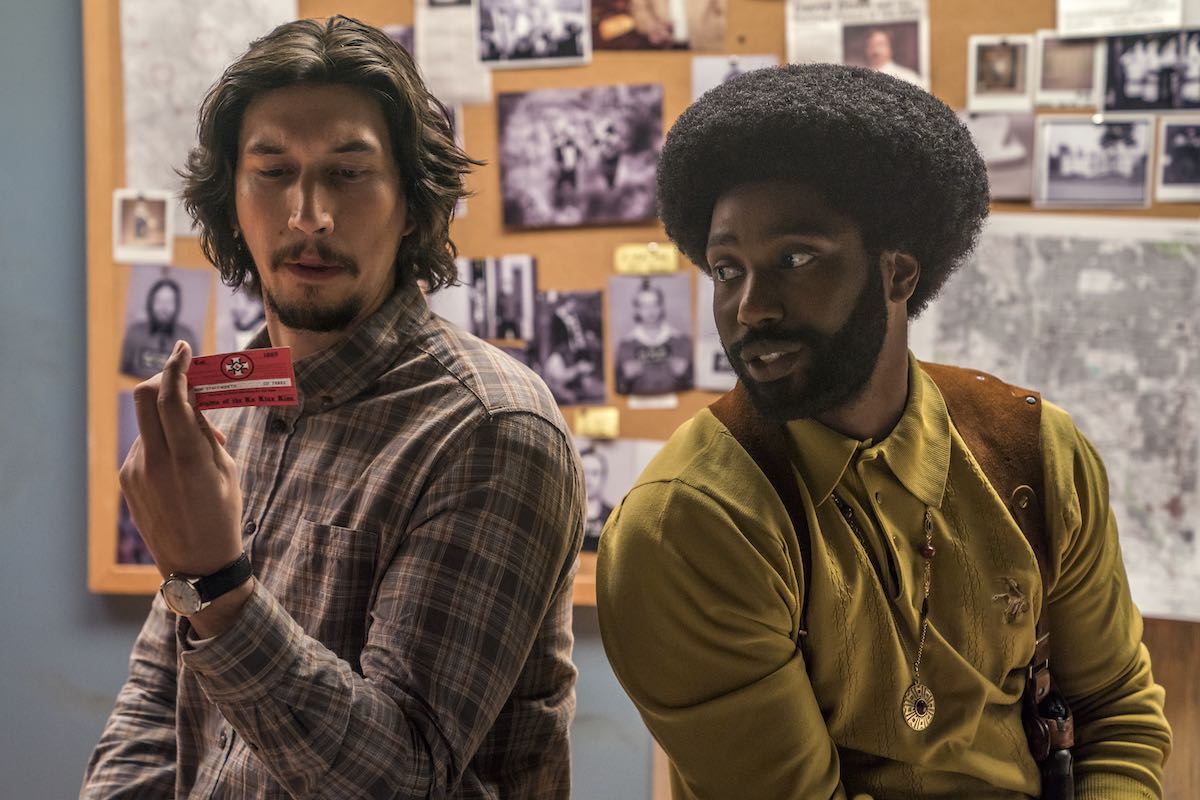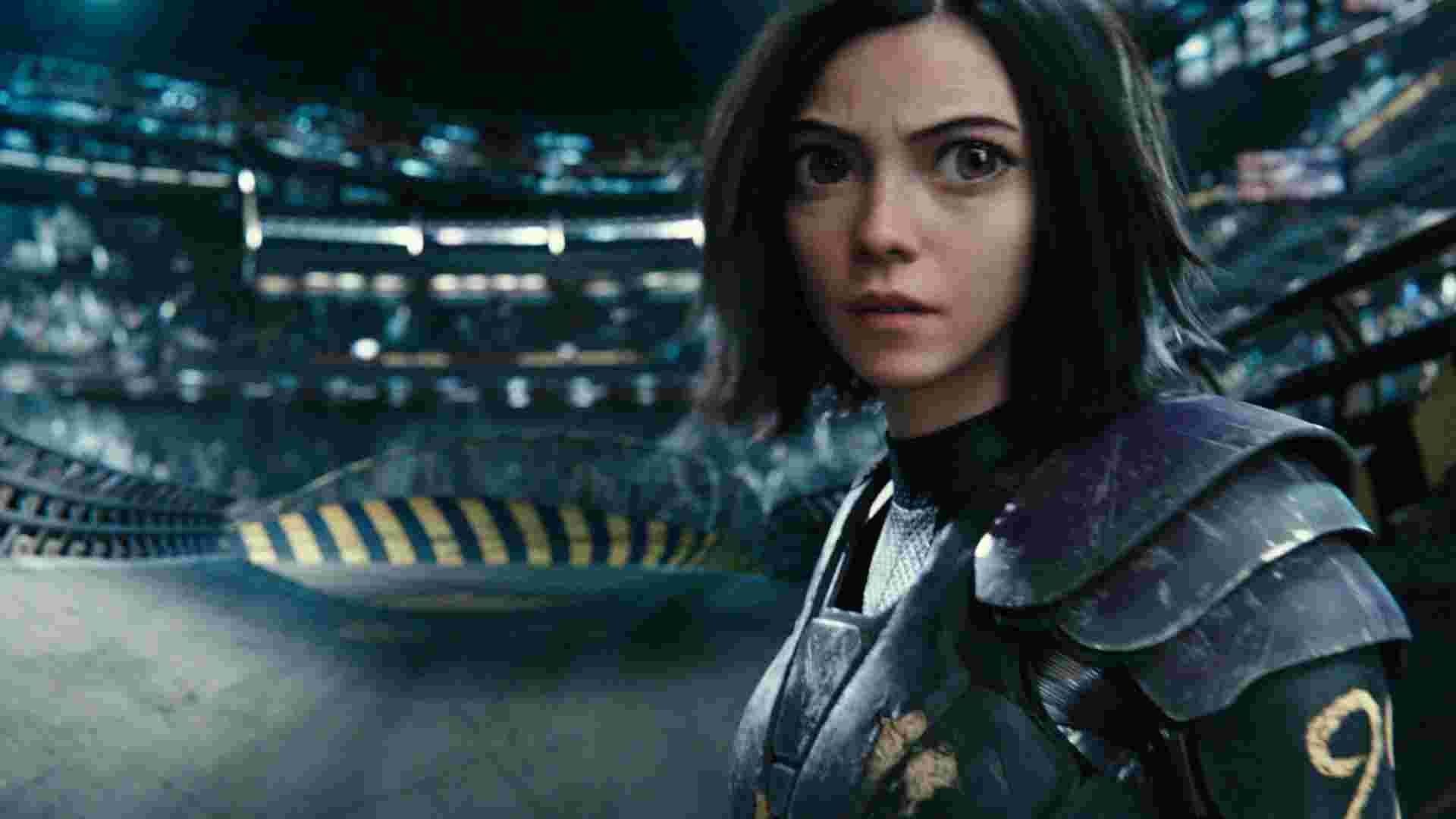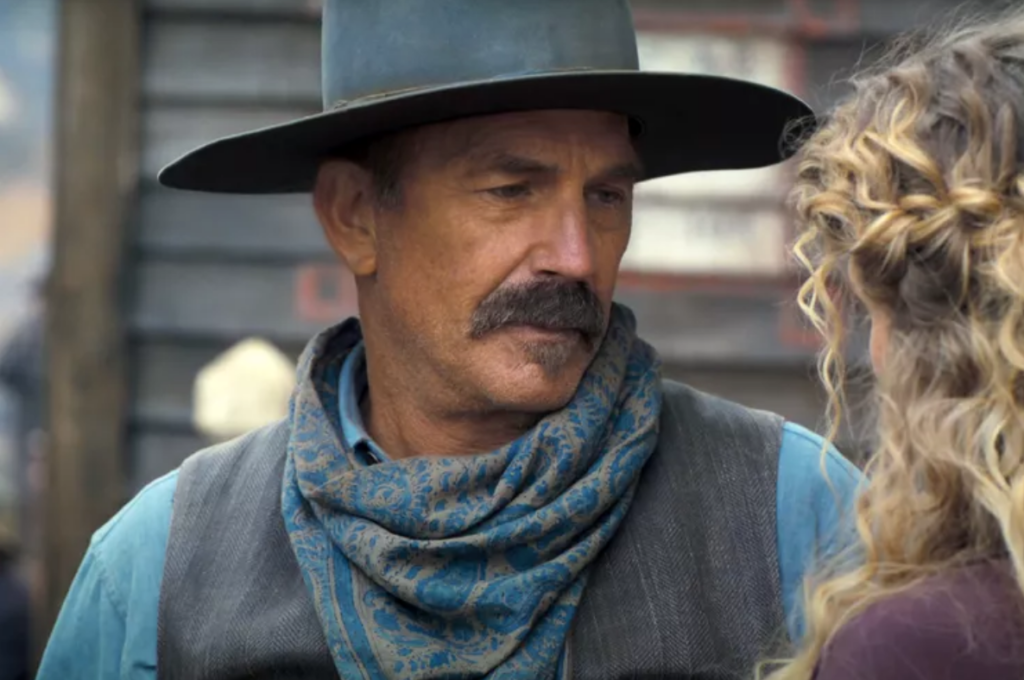
Kevin Costner’s first directorial effort since 2003’s Open Range is a massive but flawed accomplishment that ultimately manages to survive some rather significant faults. The first of a proposed, highly ambitious four-part feature film series has a lot going for it, despite not entirely working as a standalone effort. If you know going in that it is essentially an incomplete big-screen pilot that introduces a vast and involved storyline, it is somewhat easier to appreciate the film for what it is rather than dwell on what it is not.
The sprawling story of Horizon: Chapter 1 begins in 1859, right before the beginning of the Civil War. Though it is littered with multiple subplots, the primary focus is on numerous white settlers intent on making their home in a promising new town/area of land in the San Pedro Valley known as Horizon. An aggressive Apache tribe violently overthrows some of the settlers early on and remains a threat throughout the story. Infighting amongst the settlers, particularly at the hands of a bullying family, also causes conflict. From there, it gets so complicated and involved that I’m not sure I could fully summarize everything if I tried.
With its depiction of a violent Apache tribe, the film is impressively careful to point out that it doesn’t represent all Native Americans. Even though they serve as antagonists to the story’s primary characters, the members of the particular Apache tribe presented in the film are also given enough proper shading and detail so that we understand where they are coming from on a human level—despite the brutality of their actions. The early aforementioned sequence where they raid a white settlement is thrillingly visceral and features some truly grand filmmaking. Though the story didn’t need much more detail about the tribe other than their imposing threat and violent nature, I appreciate and respect the fact that Costner took the screen time to further develop them as living, feeling, and thinking human beings.
Horizon: Chapter 1 also features some notably strong and developed female characters—something that is often missing in Western movies and is quite welcome in this one. Jenna Malone’s performance is believably spunky and self-assured, exhibiting a strong will that is both endearing and intimidating. Sienna Miller’s work is layered and exhibits a great character arc with her portrayal of a good-hearted and gentle woman who increasingly discovers self-care and determination in a violent world. Abby Lee fiercely portrays a woman who has to resort to sex work for a living without succumbing to maudlin emotions or brainless, soulless lust. She, like all the strong women of Horizon: Chapter 1, is a survivor who has to rely on her own wits and abilities to make it to the next day.
The male settlers aren’t quite as memorable or unique, but they still manage to make an impact. Luke Wilson exhibits empathy and authority as the appointed leader to a group of traveling settlers, resulting in a character that is not unnaturally tough or weak. Sam Worthington’s portrayal of an army lieutenant is notably stern when he takes command and surprisingly soft when pursuing a romance with Miller’s character. Costner, who seems to be in more of a supporting role for this particular chapter (though that is set up to change in future chapters), is his usual integrity-laden and eye-grabbingly stoic self.
The filmmaking itself is overall impressive, though not without its faults. J. Michael Muro’s cinematography beautifully captures the film’s grand landscapes with care and precision. Intimate, quiet moments between two characters are equally visually enticing, as Muro always seems to know where to place the camera and how to light his subjects so that the audience’s attention is demanded at the right place in the proper moment.
Miklos Wright’s editing, however, is not quite as impressive. Select scenes and moments move along with steady and near-perfect pacing, allowing the audience to easily lose themselves in Horizon: Chapter 1’sexpansive story. However, this quality is not consistent, as the film is notably choppy and disjointed at numerous points, often leading one to wonder, “Who exactly is this person, how exactly did we get here, and what exactly is going on?”
The fault is not really Wright’s but rather the overall design of Horizon: Chapter 1. It is so intricately overstuffed with characters, subplots, locations, and themes that, even with a three-hour runtime and multiple potential sequels on deck, it still has to rush itself to include everything it wants. If the Horizon series really wanted to succeed in a feature film format, there should have been some hefty retooling/simplifying of the writing in the pre-production process.
Horizon: Chapter 1 may be something of a mess, but it’s ultimately a beautiful one. Despite its many flaws, the film is highly engrossing in multiple spots and, I must admit, it ultimately succeeds in its goal of leaving me wanting more. I just can’t help but question the obvious as I recommend this film with some hesitation: why didn’t Costner just tell the story he wanted to tell with a more appropriate and modern television/streaming miniseries format? Horizon: Chapter 1 revels in old-fashioned storytelling and sensibilities, but it needed to update its thinking to present its massive and inescapably fascinating story in the best possible manner. While Horizon as a series deserves high praise for its ambition, the big screen is just too small for such an enormous story.
GRADE: B-
